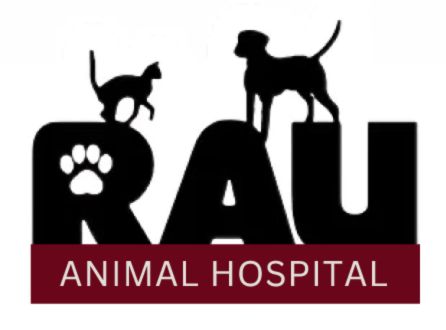
Canine Blood Tests
A blood test or lab test allows us to learn information about your dog's health which can only be found from collecting a sample of blood and having it analyzed. This includes a CBC (complete blood count) and blood chemistries that analyze chemical components in the blood.
A CBC for dogs identifies and quantifies white blood cells, red blood cells and platelets in a given amount of blood. This includes analyzing the shape and condition of the cells for health and functionality. This information is helpful in learning more about your dog's immune system (white blood cells) and oxygen-carrying capacity (red blood cell count).
Additionally, blood tests for dogs can also identify:
- Glucose
- Proteins
- Electrolytes
- Cholesterol
- Endocrine Levels
- Digestive Enzymes
Because chemicals found in the bloodstream can also correlate with specific organs, lab work for dogs can help determine more than just blood count. Lab work for dogs also can detect and help identify complex problems with body systems. Canine blood tests serve as very valuable tools in a veterinarian's toolkit for helping to detect, identify, diagnose, and even treat illness or disease.
When Will A Veterinarian Recommend Dog Blood Tests?
The following situations can result in dog blood work being ordered:
- First veterinarian visit
- During semi-annual wellness exams
- If a dog seems ill
- Pre-surgical tests
- Before starting a new medication
- During senior wellness exams
Although our in-house dog laboratory can process any type of dog blood work or culture, some of the most common lab work for dogs we perform are:
- Urinalysis
- Fecal Exam
- Complete Blood Count (CBC)
- Blood Clotting Times
- Blood Chemistries
- Cytology
We recommend discussing lab tests for dogs with your veterinarian, in order to make an informed decision as to whether or not your canine friend can benefit from dog blood work.
Understanding Canine Blood Tests
Complete Blood Count, or CBC, shows a veterinarian your dog's hydration status, anemia, infection, blood clotting ability, and immune system response.
- A CBC is essential for dogs that have symptoms like fever, vomiting, diarrhea, weakness, pale gums, or loss of appetite.
- If your dog needs surgery, a CBC can also detect bleeding disorders or other unseen abnormalities.
Blood Chemistries, or blood serum tests, evaluate a dog's organ function, electrolyte status, hormone levels, and more.
- These tests are important for evaluating the health of older dogs, dogs with signs of vomiting, diarrhea or toxin exposure, as well as dogs receiving long-term medications and general health before anesthesia.
In order to determine which dog blood tests can best benefit your canine friend, we recommend scheduling an appointment with our veterinarians today.
